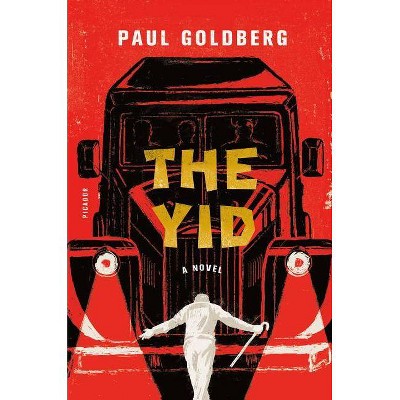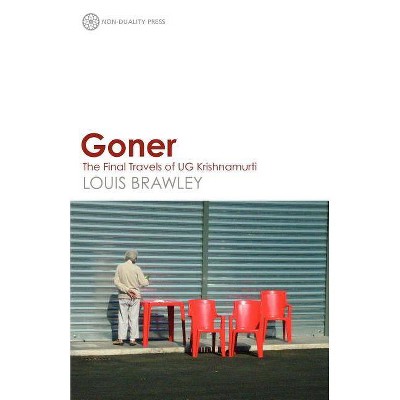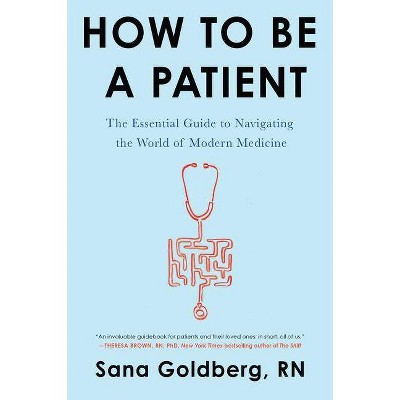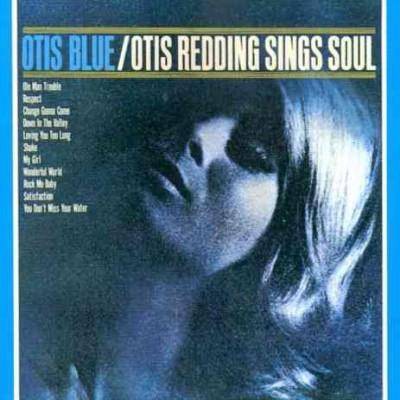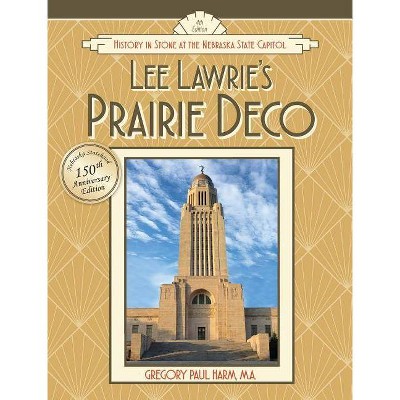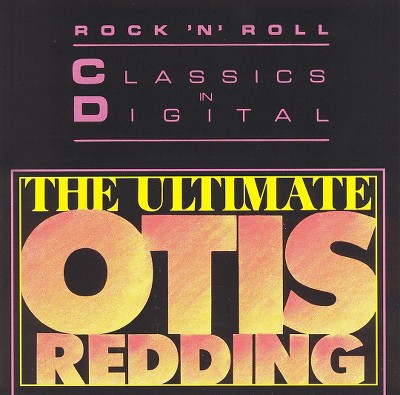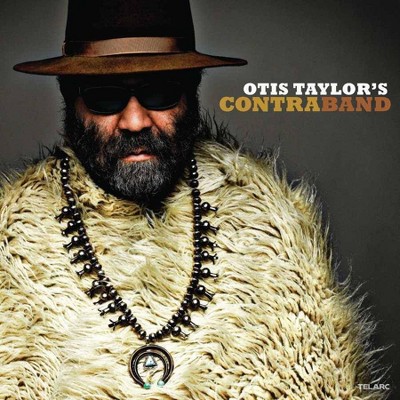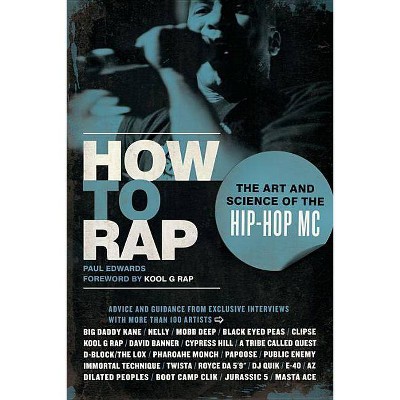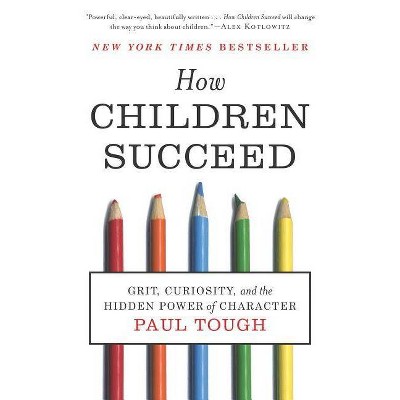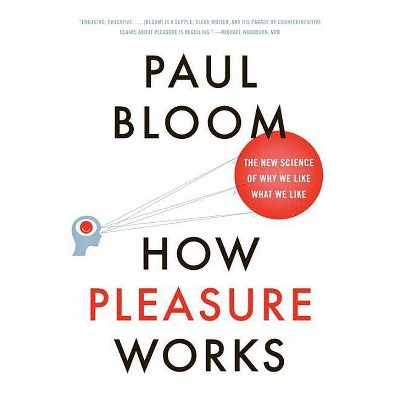How We Do Harm - by Otis Webb Brawley & Paul Goldberg (Paperback)
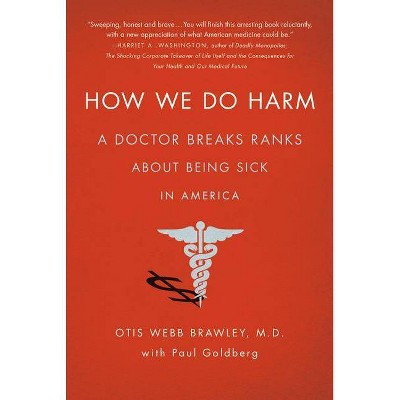
Similar Products
Products of same category from the store
AllProduct info
<p/><br></br><p><b> About the Book </b></p></br></br>Dr. Brawley exposes the underbelly of healthcare today--the under-treatment of the poor, the over-treatment of the rich, the financial conflicts of interests physicians face, insurance that doesn't demand the best (or even cheapest) care, and a pharmaceutical behemoth concerned with selling drugs, not providing health.<p/><br></br><p><b> Book Synopsis </b></p></br></br><p><b>A startling and important exposé on the state of medicine, research, and healthcare today by the Chief Medical and Scientific Officer of the American Cancer Society</b><i> <p/>How We Do Harm</i> exposes the underbelly of healthcare today--the overtreatment of the rich, the under treatment of the poor, the financial conflicts of interest that determine the care that physicians' provide, insurance companies that don't demand the best (or even the least expensive) care, and pharmaceutical companies concerned with selling drugs, regardless of whether they improve health or do harm. <p/>Dr. Otis Brawley is the chief medical and scientific officer of The American Cancer Society, an oncologist with a dazzling clinical, research, and policy career. <i>How We Do Harm pulls back the curtain </i>on how medicine is really practiced in America. Brawley tells of doctors who select treatment based on payment they will receive, rather than on demonstrated scientific results; hospitals and pharmaceutical companies that seek out patients to treat even if they are not actually ill (but as long as their insurance will pay); a public primed to swallow the latest pill, no matter the cost; and rising healthcare costs for unnecessary--and often unproven--treatments that we all pay for. Brawley calls for rational healthcare, healthcare drawn from results-based, scientifically justifiable treatments, and not just the peddling of hot new drugs. <p/>Brawley's personal history - from a childhood in the gang-ridden streets of black Detroit, to the green hallways of Grady Memorial Hospital, the largest public hospital in the U.S., to the boardrooms of The American Cancer Society--results in a passionate view of medicine and the politics of illness in America - and a deep understanding of healthcare today. <i>How We Do Harm</i> is his well-reasoned manifesto for change.</p><p/><br></br><p><b> Review Quotes </b></p></br></br><br><P>"My friend and colleague Otis Brawley has written a raw and honest portrayal of our health care system. There are certain to be special interest organizations and medical groups that take issue with Dr.Brawley's conclusions, but few can argue with the scientific rigor he has demonstrated in writing this book. Otis is the go- to oncologist I send so many patients to see, because he is not only a great doctor, but also a compassionate man. As we discuss the transformation of health care in this country, put Dr. Brawley's book at the top of your list." --Sanjay Gupta, Associate Chief of Neurosurgery Grady Memorial Hospital, Chief Medical Correspondent, CNN<P>"Otis Brawley is one of America's truly outstanding physician scientists. In How We Do Harm, he challenges all of us-- physicians, patients, and communities-- to recommit ourselves to the pledge to 'do no harm.'" --David Satcher, Former Surgeon General of the United States, <BR>Director, Satcher Health Leadership Institute, Morehouse School of Medicine<P>"Sweeping, honest and brave . . . "How We Do Harm" dazzles with a wealth of scientific insight, but its genius lies in the author's recounting of individual patient stories that illuminate the dark underbelly of medicine's missteps. Brawley does not shrink from revealing medicine's warts, butthis book offers much more. It is a triumph of humanity and clarity in which oncology becomes a Rorschach for the practice of American medicine. You will finish this arresting book reluctantly, with a new appreciation of what American medicine could be." --Harriet A .Washington, author of "Deadly Monopolies: The Shocking Corporate Takeover of Life Itself and the Consequences for Your Health and Our Medical Future "and" Medical Apartheid: The Dark History of Medical Experimentation on Black Americans from Colonial Times to the Present" <P>"Dr. Brawley is a premier academic oncologist and a minority doctor in the nation's largest inner city hospital. "How We Do Harm<br><br><P>"Otis Brawley is one of America's truly outstanding physician scientists. In How We Do Harm, he challenges all of us-- physicians, patients, and communities-- to recommit ourselves to the pledge to 'do no harm.'" --David Satcher, Former Surgeon General of the United States, <BR>Director, Satcher Health Leadership Institute, Morehouse School of Medicine<P>"Sweeping, honest and brave . . . "How We Do Harm" dazzles with a wealth of scientific insight, but its genius lies in the author's recounting of individual patient stories that illuminate the dark underbelly of medicine's missteps. Brawley does not shrink from revealing medicine's warts, butthis book offers much more. It is a triumph of humanity and clarity in which oncology becomes a Rorschach for the practice of American medicine. You will finish this arresting book reluctantly, with a new appreciation of what American medicine could be." --Harriet A .Washington, author of "Deadly Monopolies: The Shocking Corporate Takeover of<br><br><P><P>"Dr. Brawley is a premier academic oncologist and a minority doctor in the nation's largest inner city hospital. "How We Do Harm" places in stark contrast the health care resources available to the rich and the poor, the insured and the uninsured, the white community and the community of color . He makes the cogent point that more testing, screening, and interventions available to the rich does not always mean better medical care ." --Bruce Chabner, MD, Director of Clinical Research, Massachusetts General Hospital Cancer Center<br><p/><br></br><p><b> About the Author </b></p></br></br><p>DR. OTIS BRAWLEY is the chief medical and scientific officer and executive vice president of the American Cancer Society. Dr. Brawley currently serves as professor of hematology, oncology, medicine and epidemiology at Emory University. He is also a CNN medical consultant. He is a graduate of the University of Chicago, Pritzker School of Medicine, and completed a residency in internal medicine at University Hospitals of Cleveland, Case-Western Reserve University, and a fellowship in medical oncology at the National Cancer Institute. <p/>PAUL GOLDBERG is an award-winning investigative reporter who covers oncology for The Cancer Letter, a weekly publication focused on drug development and the politics of cancer. His articles have appeared in <i>The New York Times, The Wall Street Journal, The Washington Post, The Washington Monthly</i> and he has been featured on <i>60 Minutes</i>, <i>20/20, </i> <i>CNN</i> and <i>NPR</i>. Goldberg is also the author of two books on the Soviet human rights movement.</p>
Price History
Price Archive shows prices from various stores, lets you see history and find the cheapest. There is no actual sale on the website. For all support, inquiry and suggestion messagescommunication@pricearchive.us
